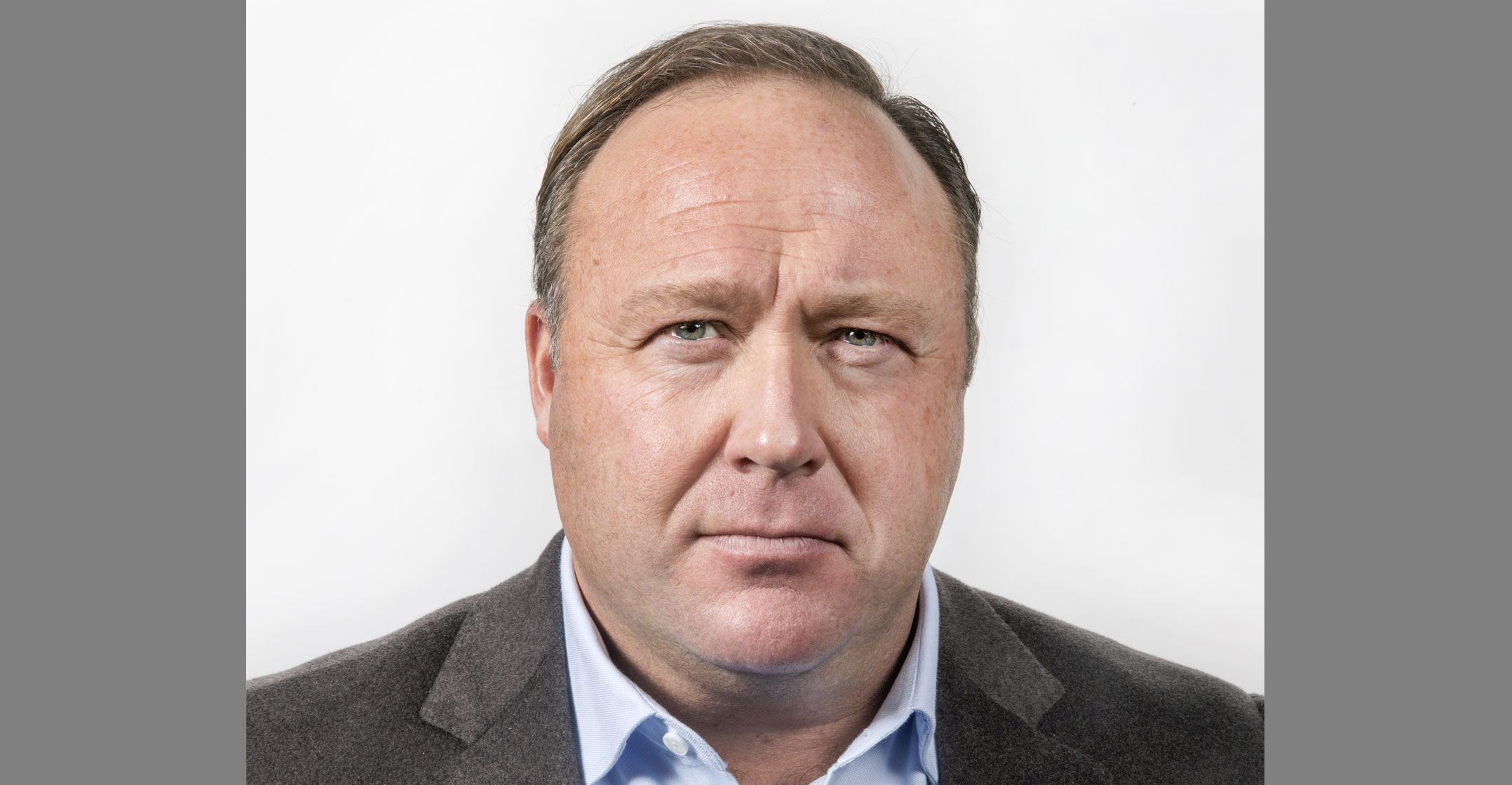
What, exactly, did Alex Jones do wrong?
Jones, an American radio host and proprietor of a conspiracy site called Infowars, is a ghoulish provocateur best known for harassing the parents of murdered children. His show is a stage for paranoia, delusion and expansive bigotries. This week, Apple, Facebook, YouTube and others started removing Jones’s content from their platforms or making it harder to find. (Twitter declined to join them.)
Oddly, though, these companies can’t quite articulate why they’re doing so. They’ve offered some tortured and legalistic rationales — Jones has violated their “guidelines”, their “terms of service”, their “community standards” — but they can’t specify what behaviour or speech they will no longer tolerate. They can’t call a ghoul a ghoul.
This timidity reflects a broader incoherence. Social media platforms now shape public discourse as powerfully as newspapers and magazines did a generation ago, perhaps more so. But they aren’t publishers in the conventional sense. They weren’t created to inform the public, advance an ideology or explore the marketplace of ideas. Their main aim, like that of carnival operators, is to draw a crowd. They’re good at it — and good at finding ways to make money off attendance, via ads. So good, in fact, that they’re killing off traditional media.
And therein lies the problem. Even as they’ve displaced the venerable gatekeepers, these companies have no attachment to virtues that traditional media at least purport to value, such as objectivity, accountability and faithfulness to the truth. They’d prefer to act as neutral forums for cranks and crackpots across the political spectrum to express themselves, accuracy very much optional. And they’d like to monetise the whole show.
Banning Jones, then, is an odd half-measure, offering neither a principled laissez faire restraint nor a clear assertion of alternative values. This ambiguity is almost certainly untenable. In all likelihood, Facebook and its fellow travellers will soon be careening from crisis to crisis, forced to respond to every social media mob that wants someone banished for an act or thought or opinion that they find objectionable.
So, in his awful way, Jones has forced a clarifying choice. The platforms can try to remain profitably agnostic, offer themselves as a forum for all legal content, and take their lumps for hosting reprobates — and worse — in the name of free speech and open debate. Or they can start to exercise judgment, articulate values and assume more explicit responsibilities for shaping the public discourse in a sober-minded way.
It’s easy to see why they’d prefer the former. At a glance, it’s the more profitable course. Awful people tend to be popular, after all: despite Jones’s banishment from some parts of Apple and Google, the Infowars app has shot to the top of the charts in their stores. However, these tech companies probably don’t have the wherewithal for the latter choice. Arbitrating political speech requires weighing competing values and showing good judgment. There’s nothing in Facebook’s corporate DNA that suggests it’s prepared to do this successfully, without hefty new investment.
Yet the public good is very much at stake. The last US presidential election was a fraught exercise in democracy-by-social-media. The American political system, resilient as it is, requires a reasonably informed citizenry to function. American businesses rely on that system to prosper. Other media companies have found it possible to safeguard public virtues. Surely Silicon Valley, with its vaunted farsightedness, can see the trouble ahead — and can accept that it has a role to play in fixing what it has broken. — (c) 2018 Bloomberg LP




